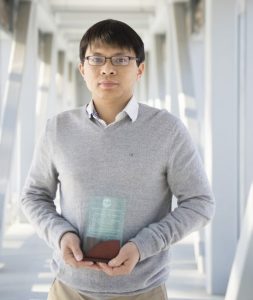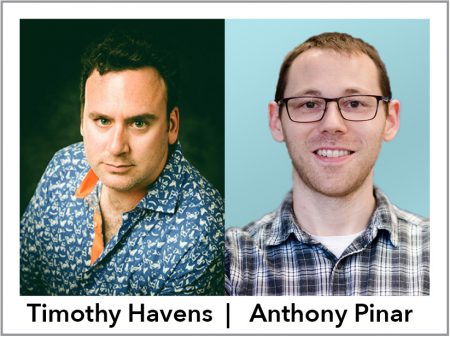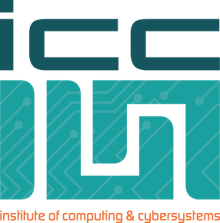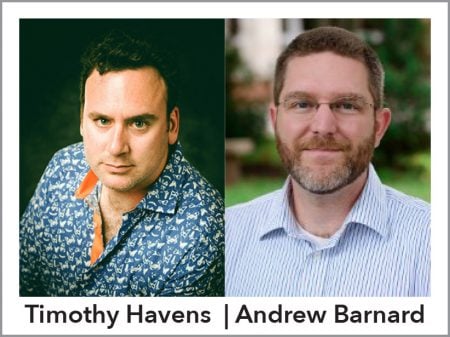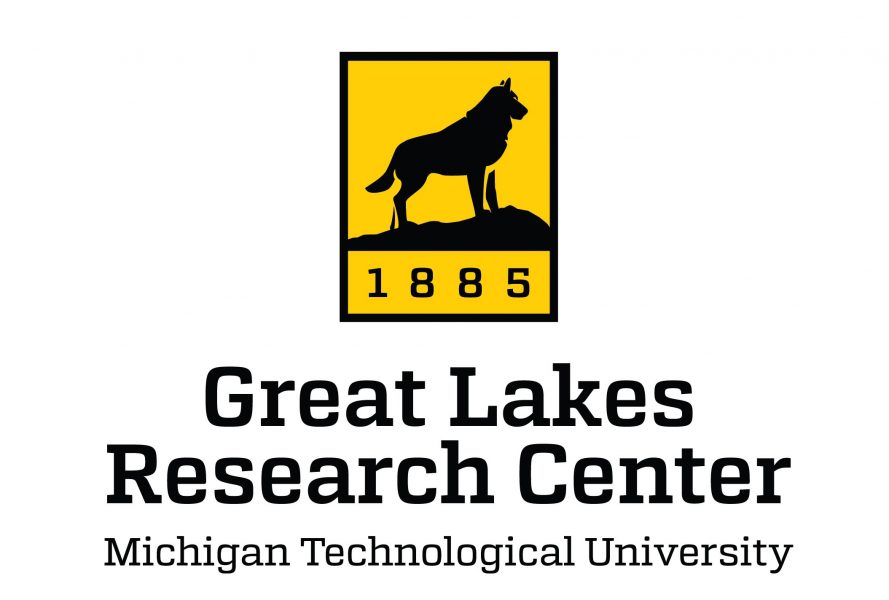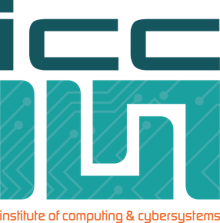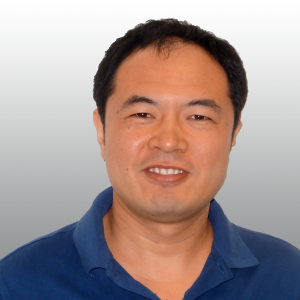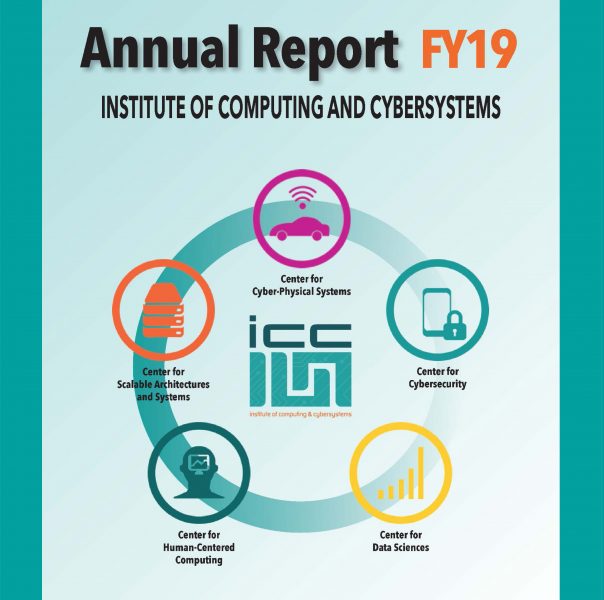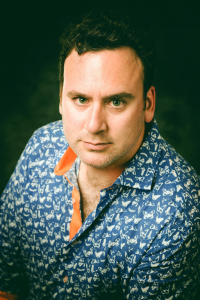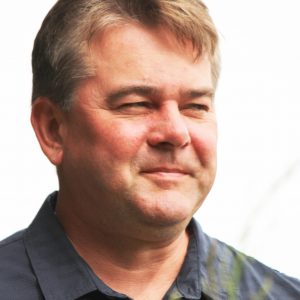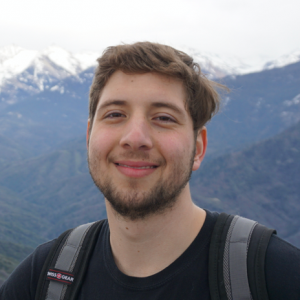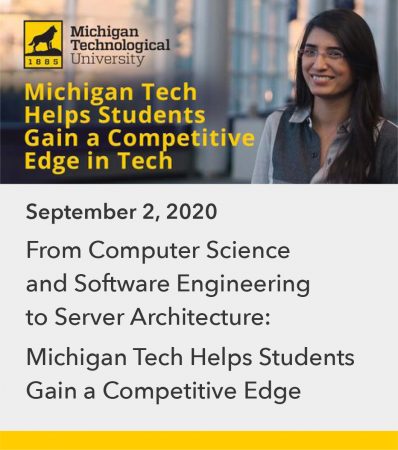
The College of Computing and the Institute of Computing and Cybersystems (ICC) are the subjects of an article published today (Sept. 2, 2020) on HostingAdvice.com, a website and blog that educates visitors to the site about the world of web hosting.
The article, for which College of Computing Dean Adrienne Minerick was interviewed, provides a close look at the new College, its well-established Computer Science and Software Engineering degree programs (B.S., M.S., and Ph.D.), new Cybersecurity and Mechatronics undergraduate programs, as well as faculty research and the ICC.
Special emphasis is placed on the Computer Network and Systems Administration undergraduate degree program, in which students prepare for careers as network and computer systems administrators, commonly referred to as a “sysadmins.”
Read the full article here.
“Our readers know that a lot goes into finding the best providers of shared, dedicated, and virtual private servers,” said Sean Garrity, managing editor at HostingAdvice.com. “The article provides information about how to prepare if you want to to break into the industry as a professional, not just a consumer.”
